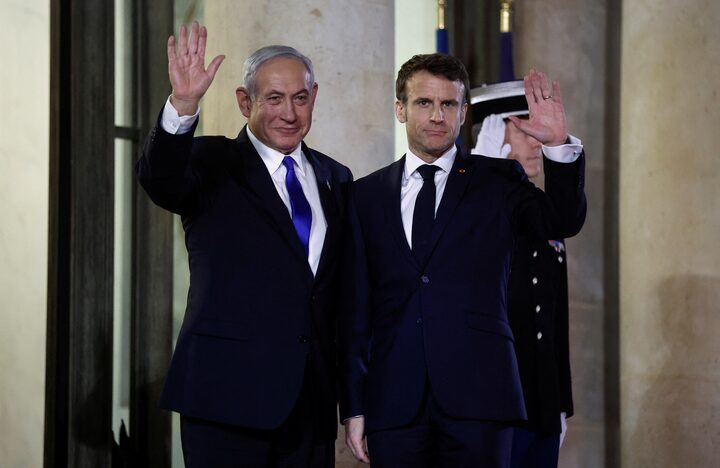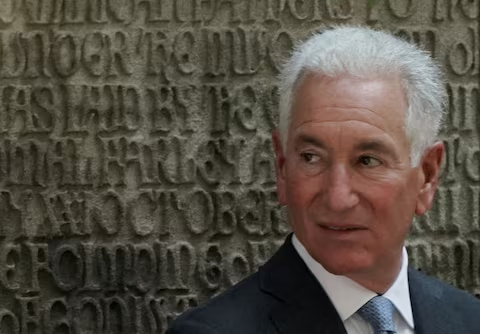French President Emmanuel Macron is facing increasing pressure both at home and abroad over the possibility of formally recognizing a Palestinian state, as several European countries move toward diplomatic recognition in the wake of the Gaza conflict.
According to a report published on May 28, 2025, Macron is treading cautiously, seeking to maintain France’s influence in the Middle East while avoiding internal political fallout. While the French government has not ruled out recognition, it has emphasized that such a move must be timed appropriately and linked to a credible peace process.
Growing Pressure From Europe
This development follows decisions by Ireland, Spain, and Norway, which recently announced formal recognition of Palestinian statehood. Their coordinated move has renewed calls on France, as a major EU power and permanent UN Security Council member, to follow suit.
French officials acknowledge that recognition is on the table but insist that it must be part of a broader diplomatic strategy. Macron is reportedly wary of making symbolic gestures that do not lead to tangible progress in negotiations between Israelis and Palestinians.
Internal Political Balancing
Domestically, Macron faces political divisions over the issue. Left-wing parties in France have long advocated for Palestinian recognition, while right-wing factions accuse the government of being too lenient toward pro-Palestinian protests and demand stronger support for Israel.
This tension has been heightened by a series of large demonstrations and growing concern over antisemitic incidents in France. Macron has sought to strike a careful balance, reiterating France’s support for Israel’s security while calling for an end to Israeli settlement expansion and more serious efforts toward a two-state solution.
Diplomatic Strategy and Risks
Foreign Minister Stéphane Séjourné stated that France is committed to a two-state solution and “will act when it is useful and effective.” French officials have suggested that unilateral recognition without conditions could reduce Paris’s ability to act as a neutral mediator.
Analysts say Macron is considering ways to use the recognition as leverage in diplomatic talks, rather than as a symbolic gesture alone. However, this strategy carries risks. Delaying recognition may alienate Arab nations and progressive allies in Europe, while early recognition could trigger diplomatic retaliation from Israel and complicate relations with Washington.
Israel’s Reaction and Regional Dynamics
Israeli authorities have condemned recent recognitions by European countries, labeling them as “rewarding terrorism.” The Israeli foreign ministry has warned that further recognitions will harm the peace process and embolden Hamas.
France, meanwhile, has avoided criticizing its European partners directly. Instead, it has emphasized unity within the EU and the need for a collective approach to the Middle East crisis. Macron has continued high-level consultations with both Israeli and Palestinian leaders, as well as with EU and Arab counterparts.
Looking Ahead
While Macron has not announced a specific timeline, the issue is expected to remain on France’s diplomatic agenda. A senior French official stated that “nothing is off the table,” but reiterated that any step must contribute to renewed international efforts for peace.
As the Gaza conflict continues and international calls for a ceasefire mount, France’s stance will likely play a critical role in shaping Europe’s broader engagement in the Middle East peace process.



